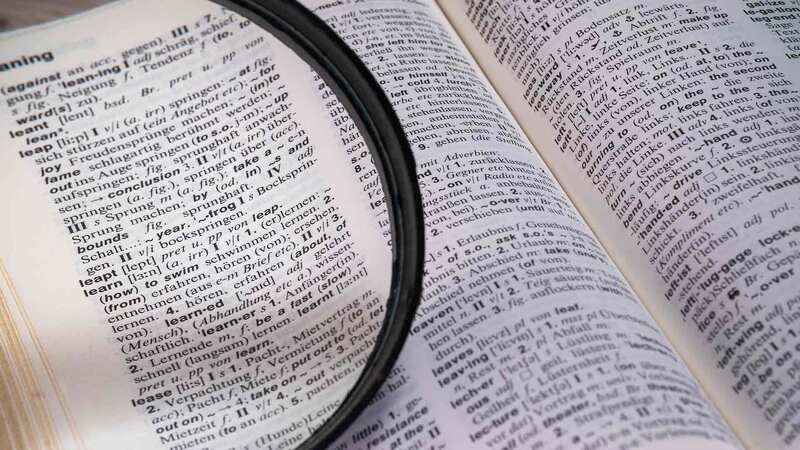You are viewing your 1 free article this month. Login to read more articles.
Daunt: 'Amazon defines how Waterstones acts'
Amazon “defines” how Waterstones behaves, James Daunt, m.d. of Waterstones has said, but he added that a really good high street bookshop was "addictive" and could not be replicated online.
Discussing the challenges the bookselling business is facing in conversation with Faber c.e.o. Stephen Page yesterday (11th April) at the Quantum Conference ahead of London Book Fair, Daunt said the competition from e-retailer Amazon “keeps [him] awake at night”.
Amazon “defines what we need to be thinking about and responding to in a competitive sense,” Daunt said.
Daunt was optimistic about the future of brick and mortar retailing as long as the UK keeps producing “really good bookshops”, which he said were “addictive”.
"People love buying books,” he said. "It’s a physical pleasure that cannot be replicated online. If we keep creating shops that do that, it doesn’t matter what goes on online or in the digital space. But if we fail, the rules change and the obverse will happen. If we do it well, continue to invest in our shops and hire good booksellers then we’ll be fine. High streets and shops part of the heart of the community. People will always want to go to shops.”
However, Daunt added that Waterstones "could not compete" digitally with Amazon. “I don’t think we have the ability to respond wholly effectively to Amazon", he said. "The investment needed to match the logistics and pricing would be enormous; the idea that as an online retailer idea we can match Amazon is complete fantasy. There’s absolutely no future in that, but as physical bookseller, with a decent and credible online offering, could we offer an alternative that customers can logically and emotionally choose? Yes.”
He continued: “Amazon is our competition. If you know what you want to read you’ll go online and buy it - it’s efficient and easy. Our shops are about the experience and the discovery of books”. However, he conceded: “We’re not remotely good enough yet.”
Daunt also said the publishing industry was prepared to “let Waterstones fail” back in 2010 before the HMV Group sold it to its current owner, Russian oligarch Alexander Mamut, in 2011.
“I’ve been a bookseller for ever and ever and we rely entirely on what publishers produce", Daunt said. "The publishing industry was willing to stand by and let Waterstones fail in 2010, which would have meant the devastation of proper bookselling in the UK. Perhaps the publishing industry wouldn’t do the same today.”
He added that relationships between publishers and booksellers had improved since that time. “There has been increasing confidence in the relationships we as booksellers have with publishers,” Daunt said. "The quality of books and way of marketing and selling them is improving.”
He also said that Waterstones preferred to curate its shops from publisher lists, rather than by looking at self-published books: "we as booksellers will always be suspicious of self-published books, our bookshops are finite, we winnow from publishers lists".
"The proven model is astonishingly successful."



















